Volkswagen has approved the use of paraffinic fuels in its latest-generation 4-cylinder diesel engines.
The newly developed diesel fuels, says Volkswagen, contain bio-components that offer “significant CO2 savings of 70-95%” compared with conventional diesel.
Volkswagen plans to reduce the carbon footprint of its fleet in Europe by 40% by 2030 and, while it is increasingly focusing on fully and partially electric vehicles (EVs), it expects that this fuel-use approval will also play its part.
The German manufacturer says that it is responding to different customer needs while at the same time taking into account customer demand.
Prof. Thomas Garbe, head of petrol and diesel fuels at Volkswagen, explained: “Through the use of environmentally friendly fuels in the approved Volkswagen models, we are making it possible for customers throughout Europe to significantly reduce their CO2 emissions as soon as the fuel is locally available.
“The use of paraffinic fuels is a sensible additional option particularly for companies with a mixed fleet made up of models with electric and conventional drives.”
All Volkswagen models with 4-cylinder diesel engines (TDI) delivered since the end of June this year (CW 25/21) have been approved for operation with paraffinic diesel fuels in accordance with European standard EN 15940.
There is a wide range of different paraffinic fuels with some produced from biological residual and waste materials such as HVO (hydrotreated vegetable oil).
These vegetable oils are converted into hydrocarbons by a reaction with hydrogen and can be added to the diesel fuel in any quantities.
Vegetable oils such as rapeseed oil can also be used for production of HVO, but the maximum environmental benefit is obtained only through use of biological residual and waste materials such as used cooking oil and sawdust, says Volkswagen.
Biofuels such as HVO are already available on the market, and it is likely that their share could increase to 20 to 30 percent in the energy market for road transport in Europe within the next ten years.
By 2030, Volkswagen plans to increase the share of all- electric cars sold in Europe to more than 70%. Parallel to this, the combustion engine fleet will be systematically further developed in order to reduce CO2 emissions and increase efficiency, it says.
The company wants to be completely climate-neutral by 2050.

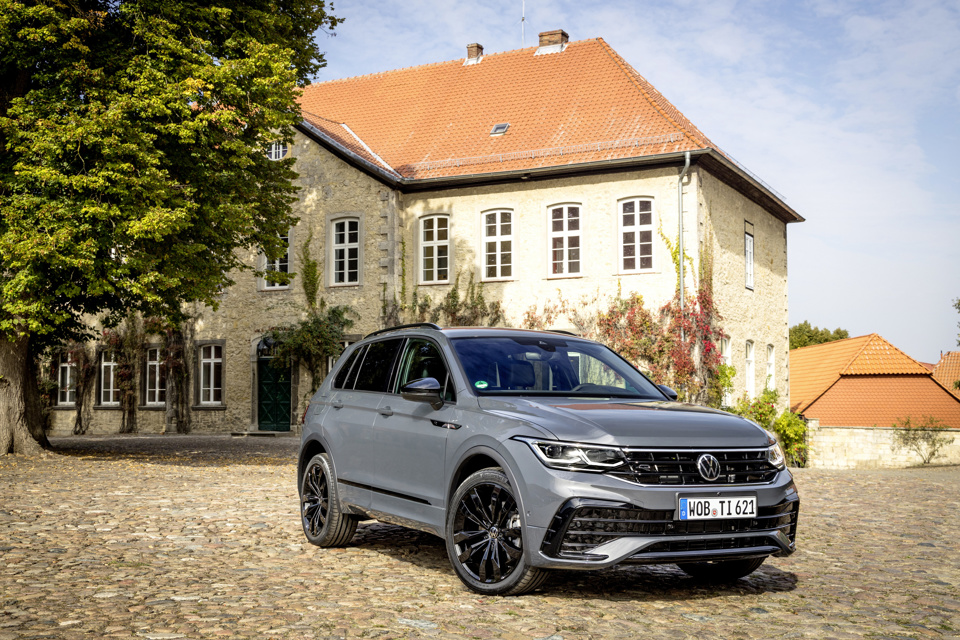




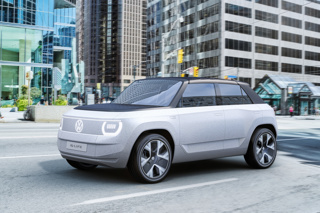
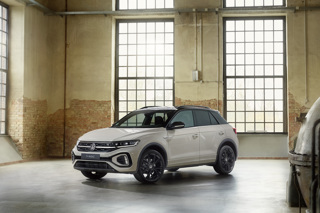
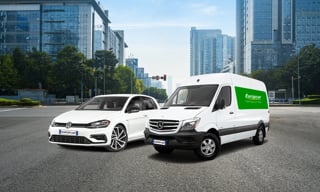

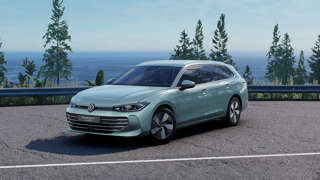







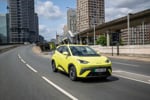





Login to comment
Comments
No comments have been made yet.